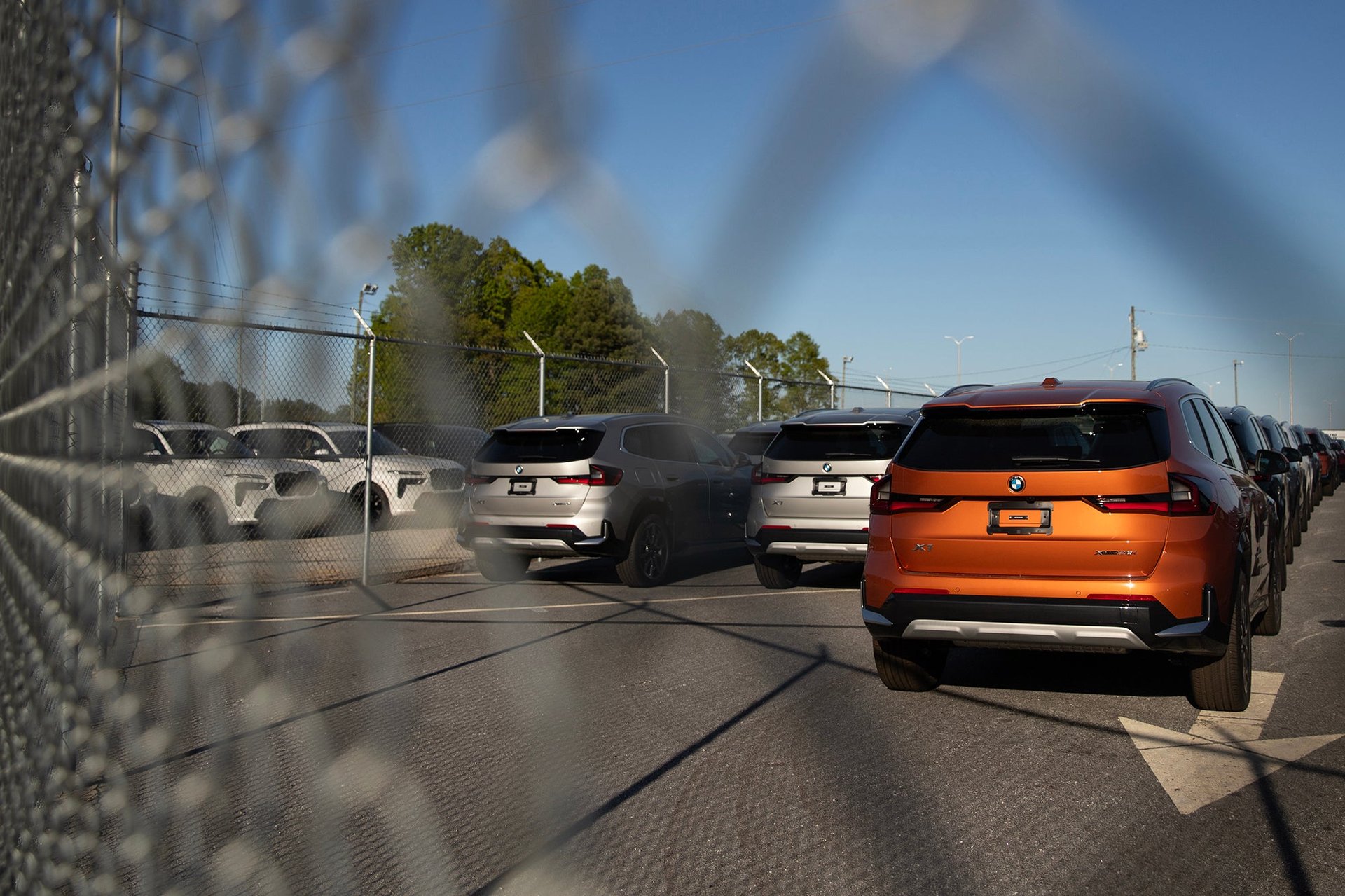Construction on an EV battery plant was halted because of tariff fears
Japan's Envision AESC cites uncertainty around its $1 billion investment

Japanese battery company Envision AESC is pausing the electric-vehicle battery plant it announced for Florence, South Carolina, in late 2022, citing “policy and market uncertainty.” The company broke ground on the facility in late 2022, and has spent $1 billion on it already.
Suggested Reading
“We anticipate being able to resume construction once circumstances stabilize,” said company spokesperson Brad Grantham in a statement.
Related Content
Republican Gov. Henry McMaster, a supporter of President Donald Trump’s trade policies, told reporters, “We hate to see that happen, but a pause is OK.” He compared the decision to Volvo’s temporary suspension of production due to an auto-parts shortage earlier this week; that only lasted a couple of days. Restarting a billion-dollar-plus factory is a different animal, but McMaster urged his citizens to “relax.”
The Envision AESC plant in Florence is expected to produce battery cells for BMW, which will assemble them in its own $700-million battery facility in nearby Woodruff, S.C. The German automaker also signed a deal with Envision AESC in 2022 to produce batteries for its plant in Spartanburg, S.C., where it will spend $1 billion to accommodate increased EV production.
In an analyst call in April, BMW mused that it might increase production in South Carolina by 80,000 units. BMW plans for EVs to account for half its total production by 2030.
Four months ago, weeks after President Trump took office, the Japanese battery-maker announced plans to scale back a further $1.5-billion expansion on a second South Carolina facility to provide batteries for a BMW plant in Mexico.
BMW isn’t the only major EV manufacturer in the region. Volvo also has an EV plant in South Carolina, where it produces the EX90 and Polestar 3 EV SUVs, with talk of a new plug-in hybrid on the way; the company intends 90% to 100% of its products to be EVs or hybrids by 2030. In March, Hyundai (HYMTF) opened its $7.6-billion EV plant in Georgia. All these moves have created a large market for secondary industries in the southeast, like auto parts—and batteries.
These moves come at a moment of uncertainty for EVs in the U.S., and not just because of President Trump’s attacks on the industry or the end of EV tax credits in his “Big, Beautiful Bill,” or because Elon Musk’s behavior appears to be setting Tesla (TSLA) on fire.
A survey this week from AAA found that only 16% of respondents were likely or very likely to choose an EV for their next car purchase.
And yet: 2024 was a record year for sales of electric vehicles in the U.S.
